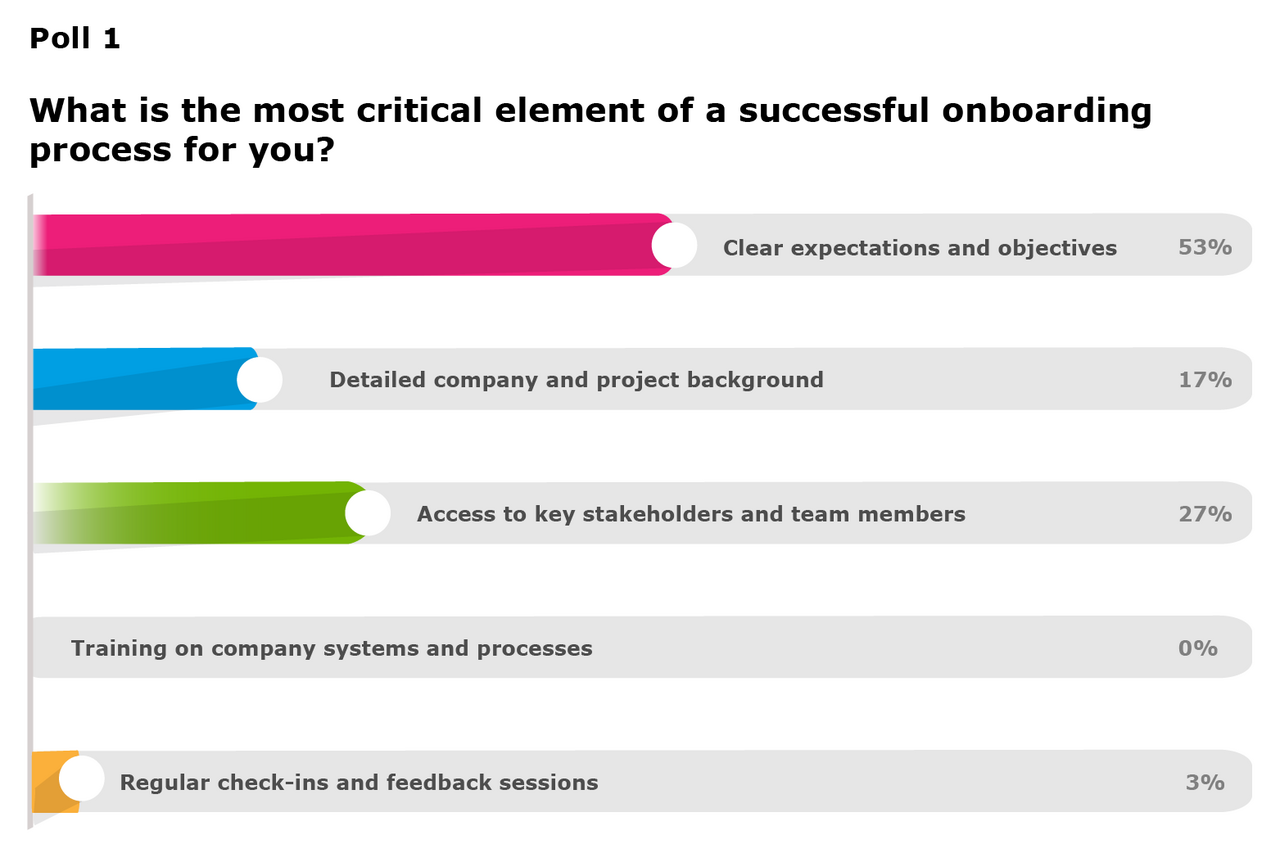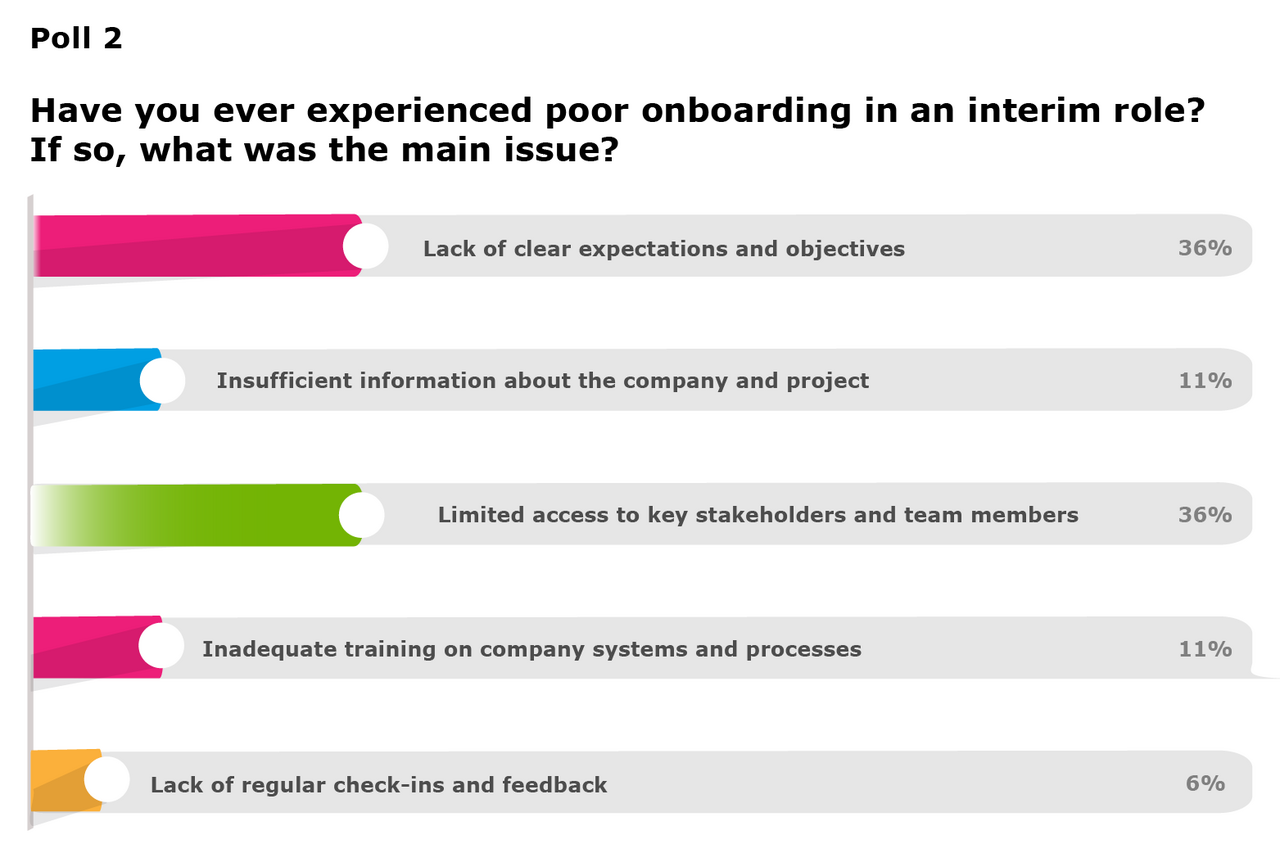Market Overview
The interim market has been notably busier in comparison with Q4 in 2024 although remains challenging as global market forces shift the landscape. The market remains buoyant, with the focus now on bringing interims on board to help clients to navigate the evolving economic landscape.
Lisa Farmer added, ‘The decision-making processes seem to be taking a little longer with additional key stakeholders involved in the interim hiring process. We have seen increased demand for interim roles, particularly for CFOs, MDs and Operational roles across various sectors including industrial, technology, housing and healthcare. We have welcomed Claire Lauder back from maternity leave, which will further strengthen our team."
Reflecting on the year, Daniel Harrison's perspective aligns with both Lisa and Josh. "While there is a desire to see more Chief Information Officer (CIO) and Chief Technology Officer (CTO) appointments, the technology sector has experienced an uptick with significant movement," he observes. "This sector's dynamism underscores the need for experienced leaders who can drive transformation and innovation."
Overall, the interim management sector is poised for growth, driven by the need for flexible and results-oriented leaders. "As we continue to navigate these challenges, our commitment to excellence and our extensive network of interim executives position us well to support clients in finding the right talent to meet their evolving needs," concludes Josh Blackman.
This comprehensive overview underscores the importance of adaptability and strategic thinking in the interim market. With a focus on financial stability and strategic growth, Boyden remains committed to delivering top-tier talent to meet the dynamic needs of its clients.
To ensure client’s utilise interim managers in the most effective way, we wanted to use the webinar to explore the interim’s experience of effective onboarding and the briefing processes. We explored these perspectives through a series of insightful poll questions, revealing key elements that contribute to successful interim engagements.

The most critical element of a successful onboarding process for interim managers is having clear expectations and objectives, as indicated by 53% of respondents. Access to key stakeholders and team members is also important, with 27% prioritising this aspect. Detailed company and project background information is valued by 17%, while regular check-ins and feedback sessions are less critical, with only 3% considering them essential. Training on company systems and processes is not seen as a priority.

Poor onboarding experiences for interim managers are often due to a lack of clear expectations and objectives, as well as limited access to key stakeholders and team members, both cited by 36% of respondents. Insufficient information about the company and project, and inadequate training on company systems and processes, each account for 11% of the issues. A lack of regular check-ins and feedback is a problem for 6% of respondents.

Interim managers expect moderate involvement from senior leadership during the onboarding process, with 55% favouring occasional check-ins and updates. High involvement, characterised by regular meetings and direct communication, is preferred by 42%. Only 3% of respondents desire low involvement, and none expect the process to be handled entirely by the immediate team.

The effectiveness of an onboarding process for interim managers is most commonly measured by personal comfort and confidence in the role, as indicated by 30% of respondents. Achievement of initial milestones and deliverables is also a key measure for 25%. Feedback from team members and stakeholders is important for 19%, while clarity of role and expectations, and overall integration into the company culture, are each considered by 13%.

The quality and effectiveness of onboarding processes vary somewhat between sectors, according to 34% of respondents, though these differences are not seen as significant. Meanwhile, 28% have not noticed any differences and 21% believe the processes are generally consistent across sectors. Only 17% observe significant differences between sectors.
Conclusion
In conclusion, the interim management sector is experiencing significant activity and demand, particularly for roles such as CFOs, MDs and Operations across various sectors. Effective onboarding is crucial for interim managers, with clear expectations and objectives being the most critical element. Access to key stakeholders, detailed background information and moderate involvement from senior leadership also play vital roles in successful onboarding. Poor onboarding experiences often stem from unclear expectations and limited access to key personnel.
Measuring onboarding effectiveness involves assessing personal comfort, achievement of milestones and feedback from team members. While there are some sector-specific differences in onboarding processes, they are generally consistent. Boyden remains committed to delivering top-tier talent and ensuring that clients utilise interim managers effectively by understanding their onboarding needs and perspectives.










